I’ve been prepping since before it was called prepping.
Back then, we were just called “survivalists.” We were the ones who were going to survive the thermonuclear war, Y2K and every other disaster that’s been foretold since then. While we’ve managed to dodge the bullet on all of those TEOTWAWKI events, there have been plenty of smaller disasters, mostly natural disasters, which our preparation has helped us to live through.
I get it when people tell me that they “can’t afford to prep.” I’ve been there more than once. I have no idea how many thousands of dollars I’ve spent on survival gear, supplies, DIY projects and modifications to my home through the years. Sometimes it was easy to pay for all that, but for the most part, I’ve had a hard time coming up with the money to do what I knew I needed to do.
Sadly, there are many who look at those financial obstacles and don’t do anything, rather than doing something. It’s not that these people don’t want to do anything; it’s that they can’t see any way in which they can afford to do it. Since they can’t see where the thousands of dollars they need are going to come up with, they don’t spend the $50 they can afford.
The funny thing about that is, anything you do is going to make things better for you and your family. I get it that the $50 isn’t going to do everything you need, but it will do something. That something maybe just the thing you end up needing someday. Even if it isn’t; it’s bound to make your family more secure. Step by step, we can all get there. It’s always worth it.
So, what do you do, if you can’t spend all the money? You do what you can. Much of the time, that means coming up with another way of doing things, other than the way that everyone else espouses. In survival, you’re looking for results, not process. You’re looking for what works, not what’s “chic.” It might be nice to be “tacticool,” but that won’t help you survive any more than a pair of jeans and a T-shirt. You just need to be willing to set aside the television image of a survivalist and adopt a more realistic image.
Reuse, Repurpose and Scavenge
One thing any true survivalist knows how to do is turn something useless into something useful. I don’t watch much TV, but I have seen a few of the “reality survival shows” that have become so popular. One thing that always stands out, is that the people who succeed, are the ones who figure out how to get the most out of whatever they find, whether in nature or garbage that has washed up onshore. They might not have the latest survival gadget to work with, so they work with that they find.
If you can’t afford the latest survival gadget, you’re not alone. But don’t worry; you probably don’t really need it. While it might be nice to have that gadget, you can survive without it. People have managed to do so for centuries.
The thing is to figure out what you need to have, in order to survive, and then look for things that will meet those needs. Some of that may not even be survival equipment. Just because it doesn’t say “survival” on the label, doesn’t mean it can’t be used for survival. If you think about it, everything we use, every day of our lives, is helping us survive; yet none of it is called “survival gear.”
Always remember that form follows function; so look for something that has the right form for what you need. If you need to haul water from the creek, look for something that will work as a container, regardless of what it’s true function is. What; you don’t have a jar or bottle big enough? What about that ice chest sitting right there, how much water will it hold? Need something to haul the ice chest of water on? Okay, what do you have that has wheels? How about that baby stroller in the attic, it’s built to carry more than the 50 pounds you need.
Many product inventions and innovations started out by modifying an existing product. Someone saw something that was already on the market and found another way of using it. Many times, all it takes is a small amount of modification to make something useable for another purpose.
This is where being a good do-it-yourslefer comes in. The ability to see potential in something is a valuable skill, but doesn’t compare to making that a reality. When it comes to turning ordinary things into survival gear, those DIY skills will come in handy. They are also skills that will help you to survive, at a time where you’re either going to have to have it already or make it for yourself.
Where Does the Stuff Come From?
If you’re going to reuse and repurpose, where are the things you’re going to reuse and repurpose going to come from? To start with, they’re going to come from your own home. Take a look around, especially in the attic, basement, and garage, for all those things you don’t use. You’ll probably find lots of things that can be repurposed for survival; some with a little bit of modification and others that can be used just as they are.
Remember, as you’re doing this, you’re looking for something that will accomplish the task; not necessarily something that first your preconceived notion of what would be ideal. Focusing on that ideal item will keep you from seeing the item that’s right before your eyes.
- Thinking that a bug out bag has to be a backpack will keep you from seeing the duffel bag which will work for it
- “Knowing” that you need a survival hatchet will make you overlook the old rusty machete which will do just as good a job
- Wanting a backpacking tent for your bug out bag may make you overlook the tarp which will work as a shelter
- Remembering the ad for a cool “survival knife” you saw yesterday may cause you to dismiss the old fishing knife which will work just as well
You don’t have to limit your scavenging to your home either. What about friends and family? My wife and her mom are constantly trading things back and forth. What one doesn’t want, the other often finds useful. Do you have that sort of relationship with anyone? If so, expand it to things that will be useful for survival, not just knick-knacks or kitchen stuff.
Then there’s everyone else out there. It’s amazing how much stuff you can find sitting on the side of the road; put out as trash to be collected. Going out the night before to roam the streets and looking at what people have set out can be a great way of collecting useful things to repurpose.
Here are a few of the things I have found:
- Oak pallets which can be used for firewood
- Gardening tools with broken handles that can be replaced
- Broken bicycles; if they can’t be repaired, the wheels can be used for carts
- Backpack that only needed a strap repaired
- Storage cabinets
- Big screen televisions that I was able to scavenge large Fresnel lenses out of for solar cookers
- Tree branches that I was able to cut up for firewood or mulch for my garden
- Luggage that I was able to use for storage containers
- Building materials which went into a variety of projects
A couple of important things to note here: The first is that these are all large items. I didn’t actually go rooting through people’s garbage. If I had, I would have found more. But I don’t do things that way; I just do a drive-by, looking for what might be useful.
The second is that we live in a disposable society. People don’t fix things anymore and many things are built in a way that makes them hard to repair. Even with things that are repairable, it can be hard to find the parts. That creates an opportunity for the prepper who is pretty good at DIY projects. You can always find things, which others are throwing away, that you can make useful.
Get it Cheap
Of course, you won’t be able to find everything you need sitting on the side of the road; but that doesn’t mean you have to pay full price for it either. There are many ways of saving money on your preps, especially buying things on the cheap.
Garage Sales
I’ve bought a lot of survival gear, or things I’ve repurposed to be survival gear, at garage sales. People are constantly getting rid of things that they no longer want or need. In some cases, those things are just what you and I need for survival. Some of my top things to find at garage sales are:
- Camping gear for bugging out
- Candles for lighting
- Bicycles for transportation
- Fishing gear
- Five-gallon buckets
- Hand and gardening tools
- Kids clothing
- Canning jars
- Hand-operated appliances
- Cast-iron cookware
- Medical equipment
- Oil-burning lanterns
- Kerosene heater
- Fabric & sewing supplies
- Old sewing machines
- Building materials
- Lawnmowers (usually have carburetor problems)
- Car batteries (for battery backup system)
Of course, anything that can be found at a garage sale can also be found at a flea market or on Craig’s list too. It’s usually just a matter of a little shoe leather, or wear on the fingers, to find any number of useful things. If you can’t find it today; you will probably be able to find it next week, next month or a few months from now.
Free Firewood
Believe it or not, one of the things I hate to see is preppers paying good money for firewood. I haven’t paid a dime for firewood in years and I always have plenty on hand. All the firewood I have (and I currently have about two cords of it) is wood that I’ve scavenged in one way or another. In doing this, I’ve saved money which I am able to use for other prepping supplies.
So, where do you get free firewood from? Obviously, you’re going to have to cut it yourself. All you need to do is find where the firewood that needs to be cut is hiding. Here are a few such places:
- Limbs blown down by storms. People will often pay you to come and get them
- Dead trees in people’s yards. Once again, they’ll usually pay you to cut them down
- Trees on land being cleared for construction; just ask the contractor
- Old, unusable pallets
- Tree limbs piled on the curb for trash collection
If you’ve got a chain saw and a pickup truck or trailer, you shouldn’t have any problem finding enough firewood to keep you going. Just remember that you’re going to need a lot of it when you start using it. Families who heat their homes with wood usually go through four to six cords of wood per winter.
Watch that Food Budget
One of the more expensive things for many of us to deal with, when it comes to prepping, is building a good food stockpile. Food can get expensive, especially buying enough food to build a stockpile. But remember, you’re buying survival food, not gourmet food.
What do I mean by that? I mean that we shouldn’t be trying to eat like we normally would if things were normal. If you look at the food most people try to stockpile, it seems a lot like they are trying to do just that. But, while that might be a good idea for the long-term, it isn’t for the short-term. It’s a very expensive way to build a stockpile.
I’m not saying that you shouldn’t want to eat well in times of crisis. What I’m saying is that it’s more important to build that stockpile, than it is to build it with the foods you really want to eat. Better to build a basic stockpile that will keep you alive, then add better foods to it later.
That’s going to mean a stockpile that’s heavy in starches, but that’s all right. More than anything, what you’re going to need, at least for a while, is carbohydrates to give your body energy. Add in some proteins with that, and you’re good for a while; even though it isn’t a balanced diet. So add in beans, nuts, and amaranth as part of your stockpile. Then you can add the dried and canned meat later.
A Final Word
I’m not telling you to do anything that I haven’t done myself. If you look at my preps, there’s a lot of used gear, repurposed gear, and homemade gear. When I started stockpiling, I looked for the cheapest way to go. Through time, I’ve added to that; but at least I had food to eat, even if it wasn’t what I wanted. Now, several years later, I’ve got the gear and supplies I want; but in many cases, the originals are still there, side by side.



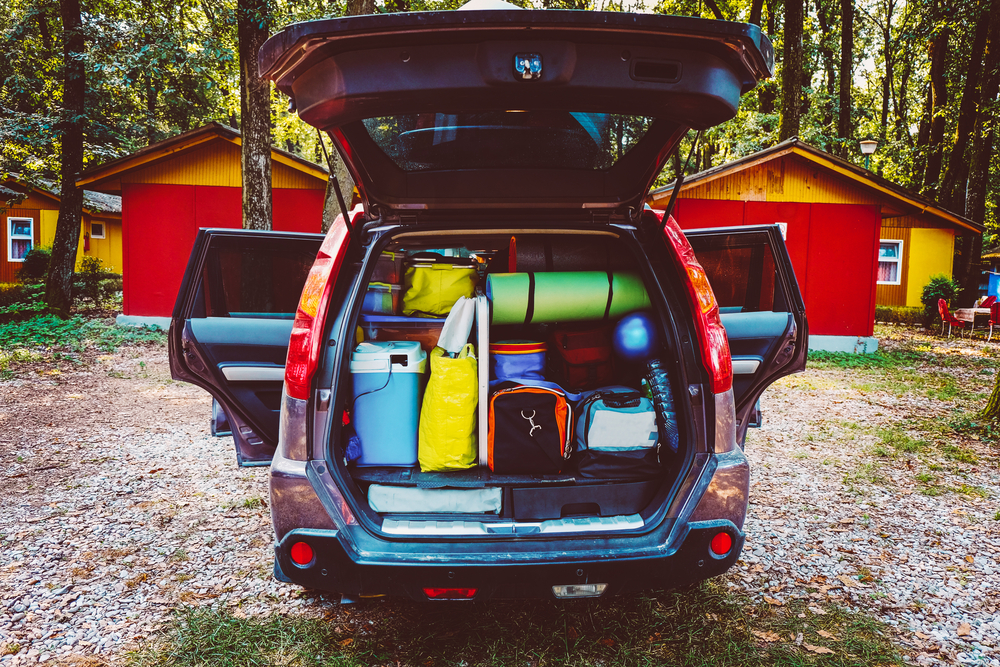


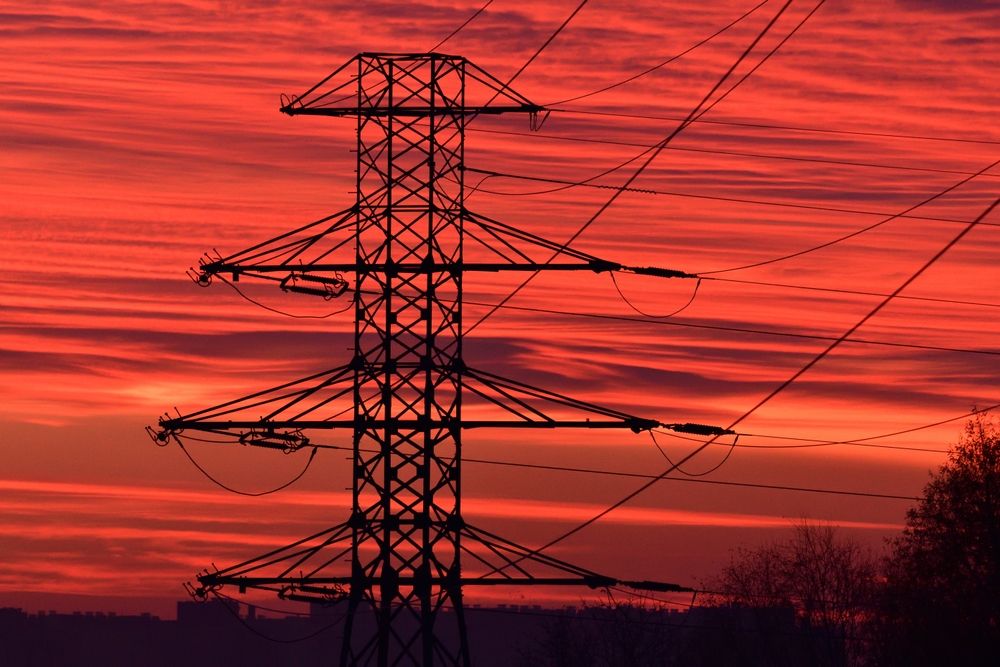


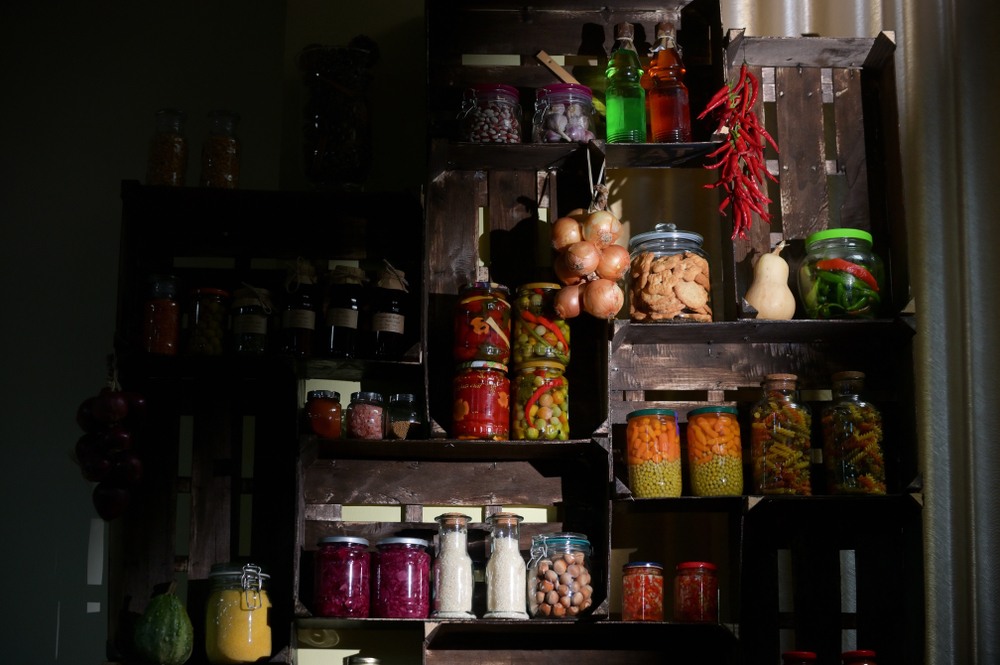










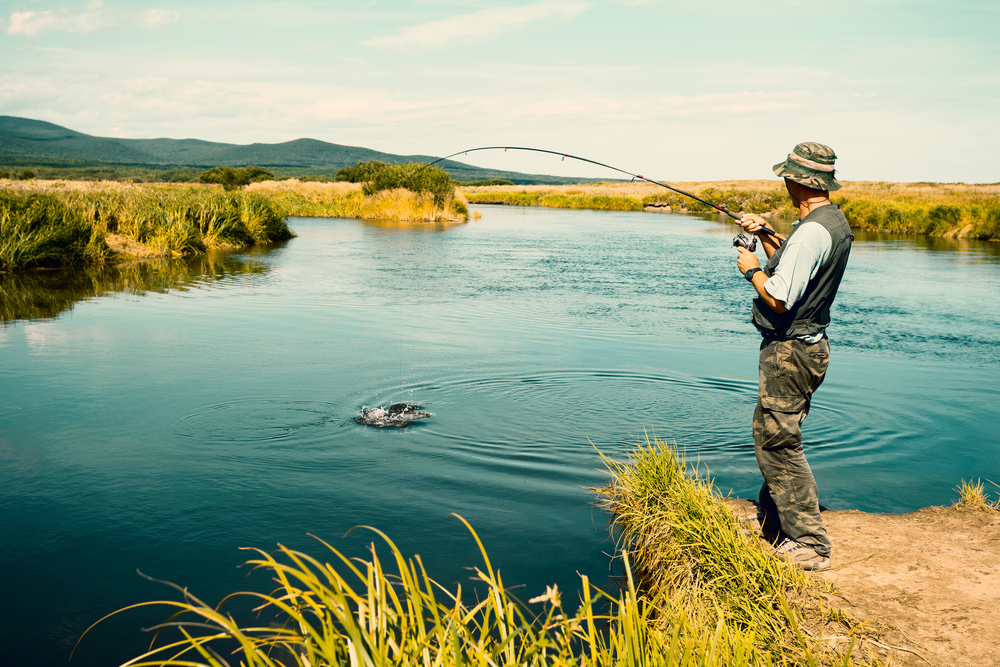


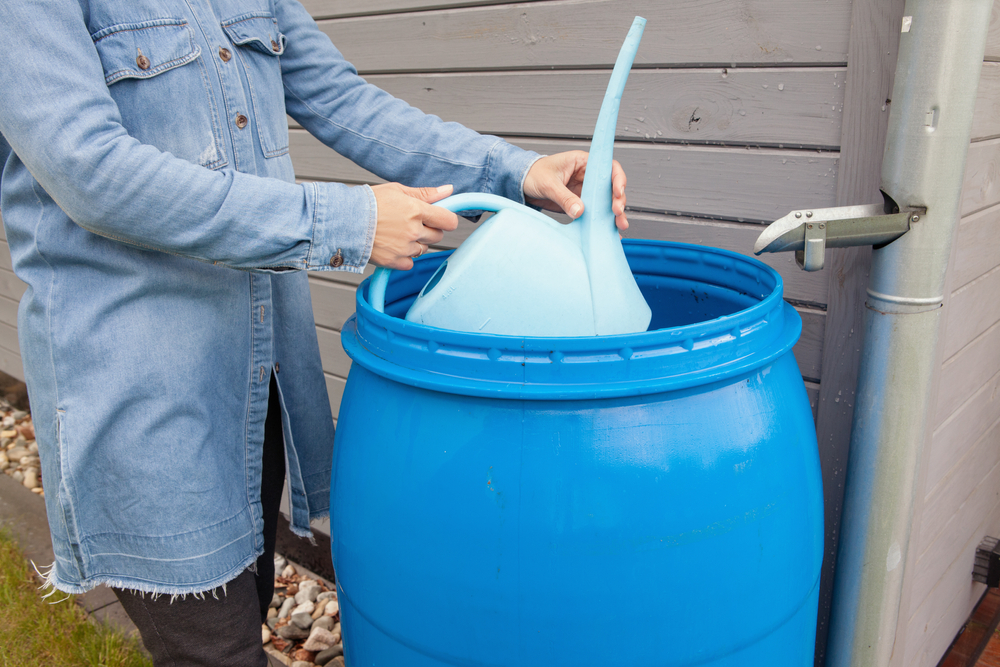
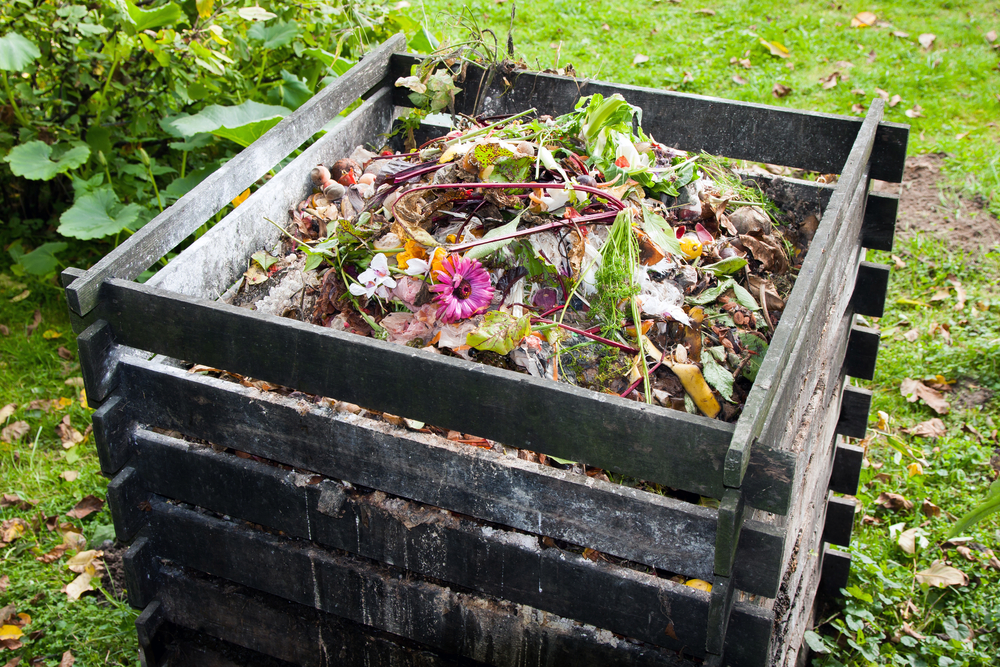
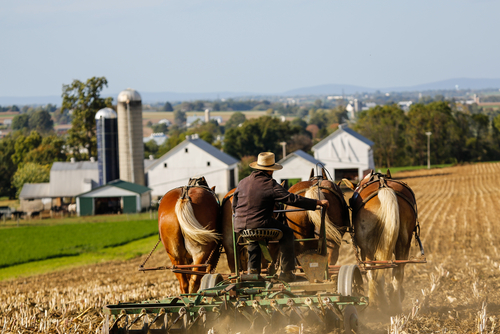







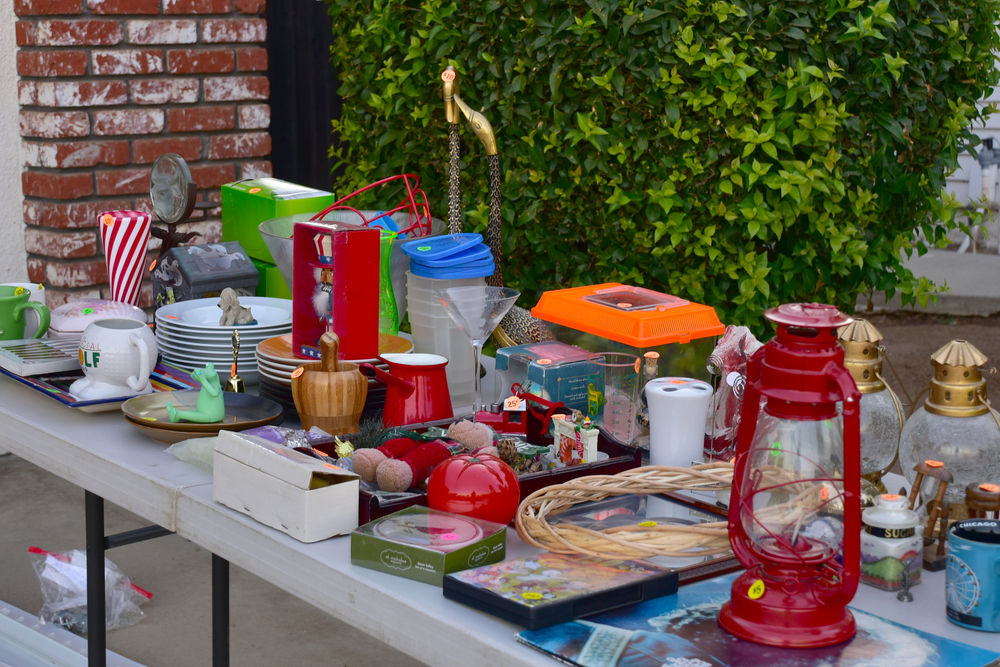

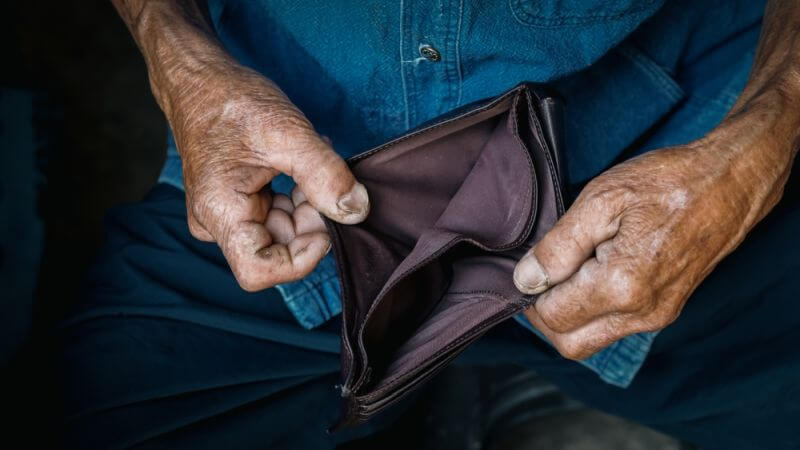

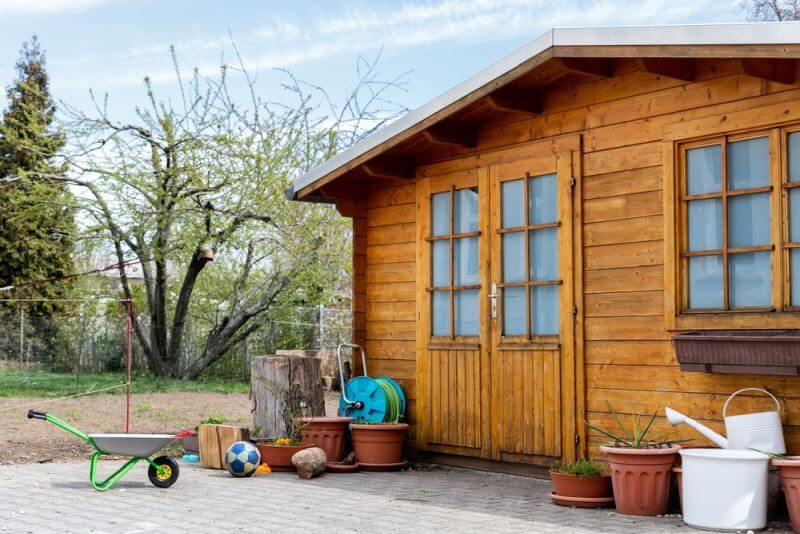





























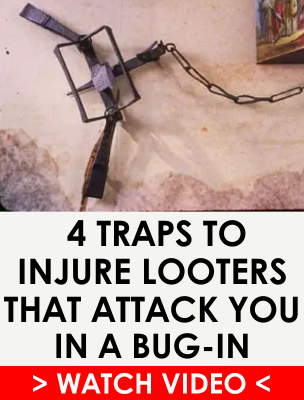
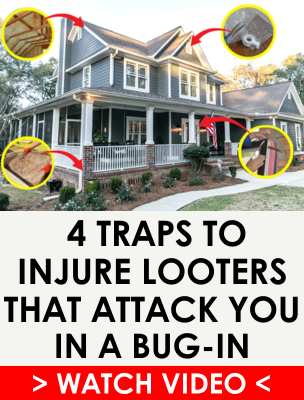










Thanks for the tips. Do you have any for those of us who don’t want to be Rambo when the SHTF. I do better in a group led by someone who knows what the hell they are doing. Stone age man found that out.
We haven’t bought a television in years. And we have ‘smart’ tvs and large screens. It’s shameful, foolks lose the remote or one pixel goes out, and they just throw them away. DH has given our children and neighbors snowblowers that they couln’t afford, by finding them on the curb, and doing ‘easy’ fixes of a new sparkplug or such. We don’t ‘dumpsterdive’ but we arent ashamed to ‘taashpick’. And to be honest, go to the ‘ritzier’ areas the night before trash pickup. You would be amazed what you can find! And if you go out into the ‘country’, you will often see things with ‘free’ signs on them(cuz that’s how we roll).
*trashpick*
Yep found a free mountain bike with flat tires with free on it next to a pasture fence. Used super glue and electrical tape and still holding air a month later. My dad would pull over as a kid and pick stuff up and i guess i never learned to be embarrassed by it. A friend of mine was uncomfortable because i pulled over and got a nice milk crate out of the trash. I have found gas cans, 5 gallon buckets and scraper blades on the side of the road.